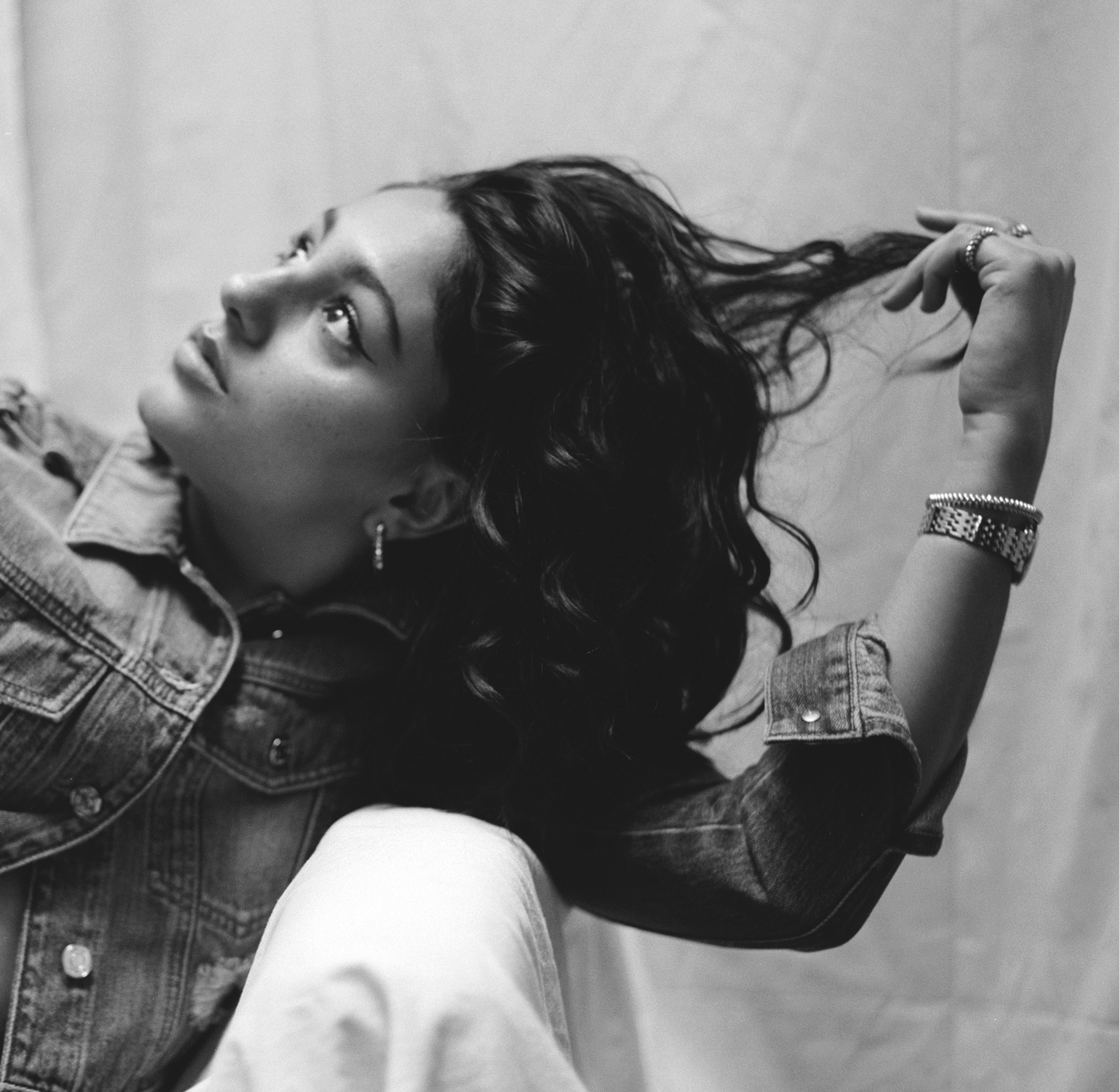Rhianne Barreto Shines in Share
Nearly thwarted by Trump’s travel ban, the Londoner takes Cannes with fearless debut as assault survivor.
In Share, about a young teen’s post-blackout struggle to remember her suspected rape, Rhianne Barreto imbues the story with a quiet force. “Mandy says a lot without much dialogue,” says Barreto of the film, hitting Cannes this week and HBO in July. “She really listens to everyone, which was fantastic to play, because that’s what acting is, essentially—just listening really hard.” Be that as it may, her prep for the role bordered on Method. After initially befriending her costars, even learning their favorite snacks to keep in her pantry, Barreto kept her distance on set, mirroring Mandy’s arc toward social alienation.
“I wouldn’t speak to Nicholas [Galitzine], for example, because he plays [a suspect in the case],” she says. “I started to feel extremely left out, and that also happens to my character.”
Set life aside, Barreto is indispensable to the film, as both her Grand Jury win at Sundance and director Pippa Bianco’s leap of faith in casting her prove (Barreto’s previous acting experience included trying to stand out among her eight siblings). And Barreto demonstrated mettle even before production began.
Just before flying to the U.S., her previously approved work visa was suddenly invalidated, causing her to nearly miss the job altogether. “It was during the Muslim ban,” says Barreto. “And there were racial questions in my interview. They said, ‘You don’t look British to me.’ And I’m British, born and raised. What does ‘You don’t look British’ mean?”
As a testament to Barreto, first-time director Bianco moved her production to Canada. And while Barreto is grateful for her positive outcome, she still simmers at the memory. “It’s fucking Trump, and his administration,” she adds. “That was really tough, and it must suck more for other people.” Having encountered Trumpism firsthand, Barreto is raring to amplify historically silenced voices on-screen. “You shouldn’t lose out because of what your race or ethnicity is, [but] it can take people like [Bianco] and [production company] A24 to [ensure] you don’t lose a job because of the color of your skin.”
To Barreto, the film’s value is in its portrayal of a rarely seen side of coming forward about assault: the strength in rehabilitation. Citing the macho trope of watching a character do push-ups (as Mandy does following her attack) Barreto likens Share to a prison-break film. “She’s stuck at home, so she does push-ups. That’s such a prison-movie thing,” she says. “Her story is about not being passive. Just because [she’s] got a vagina doesn’t make her less tough. She’s such a soldier. I wish I had her strength.”
